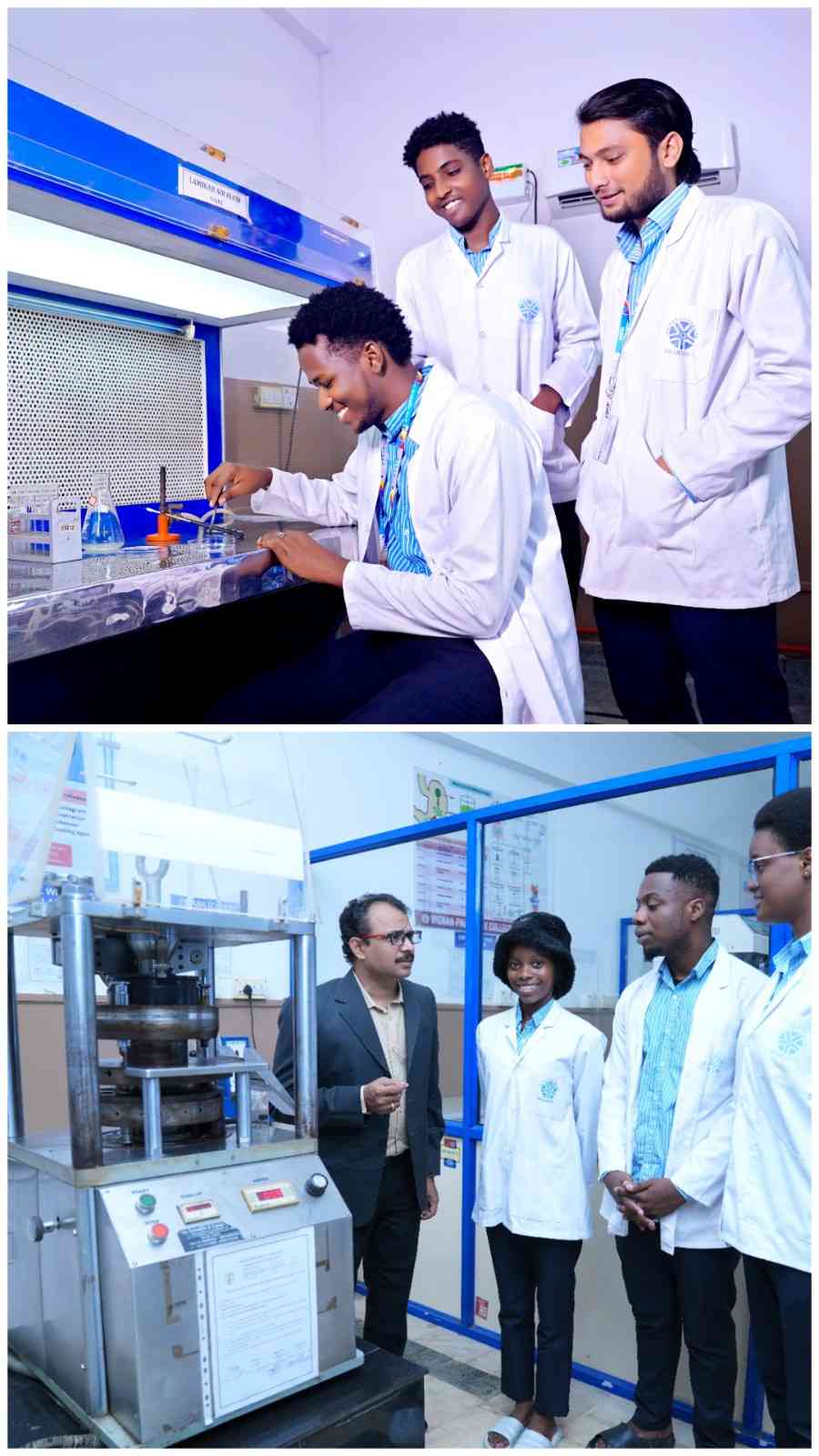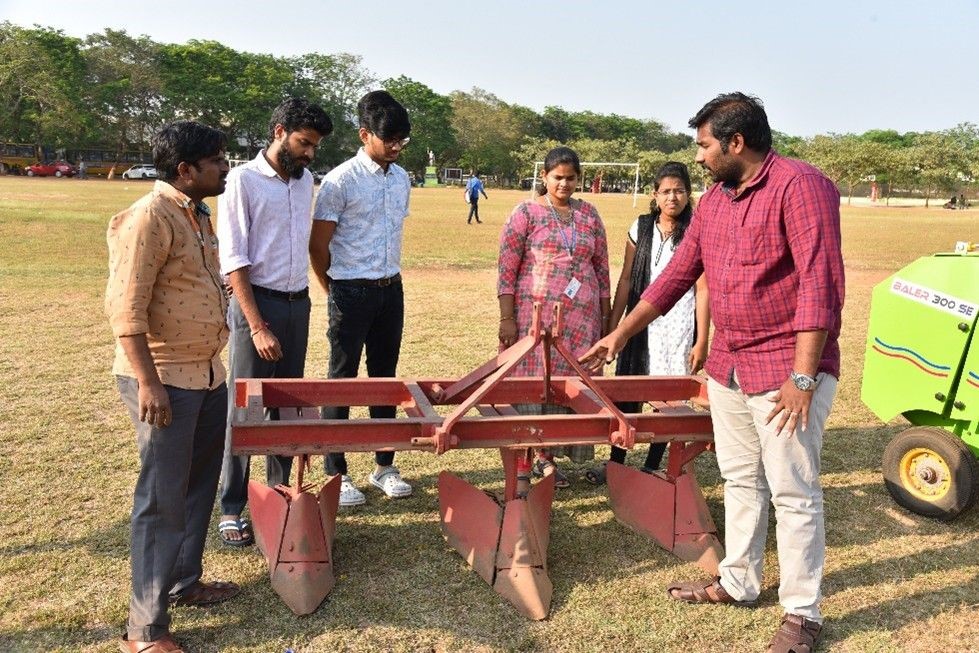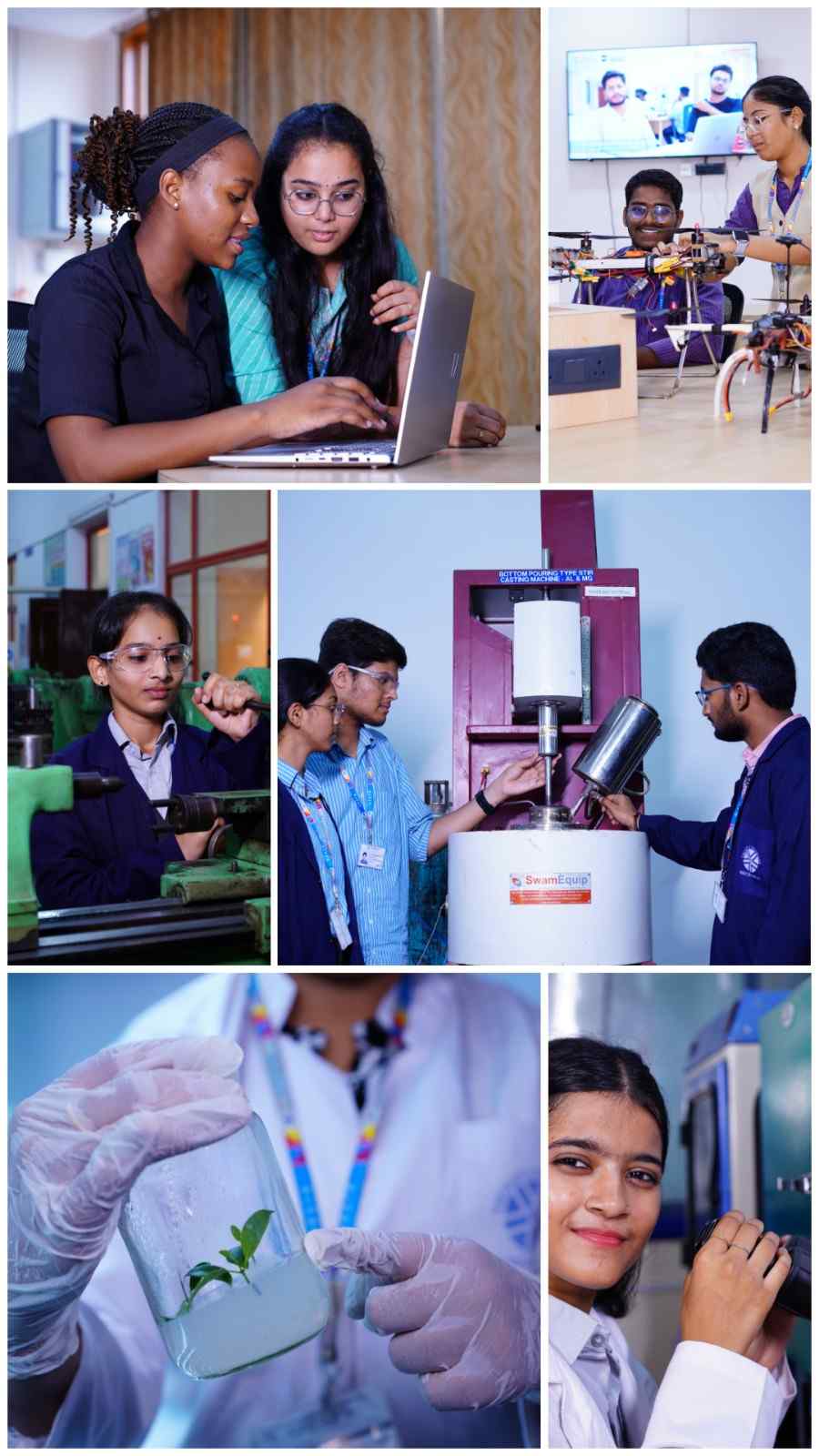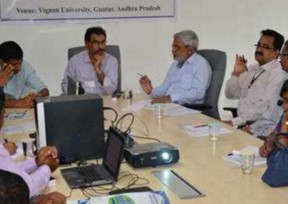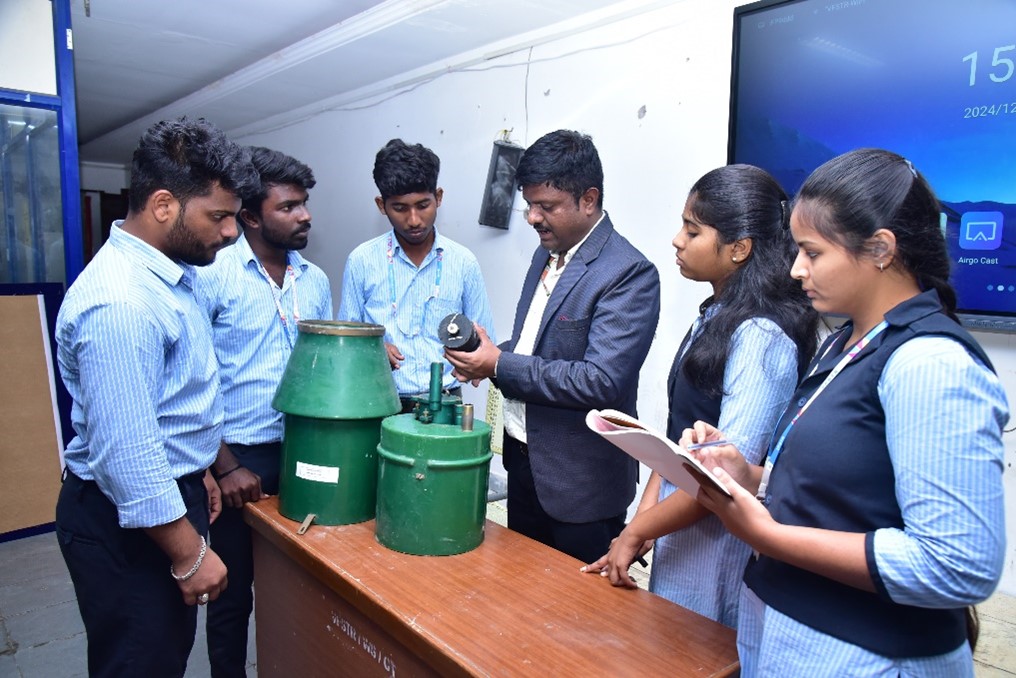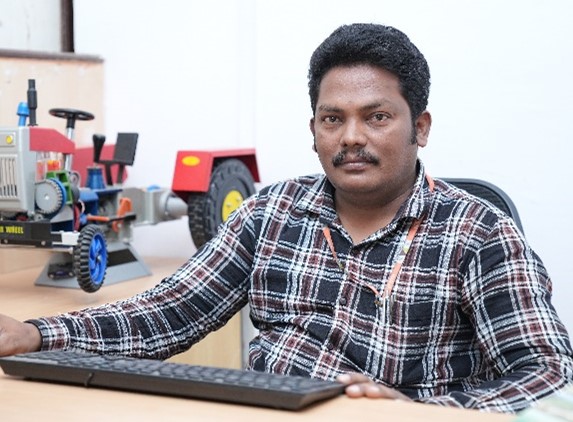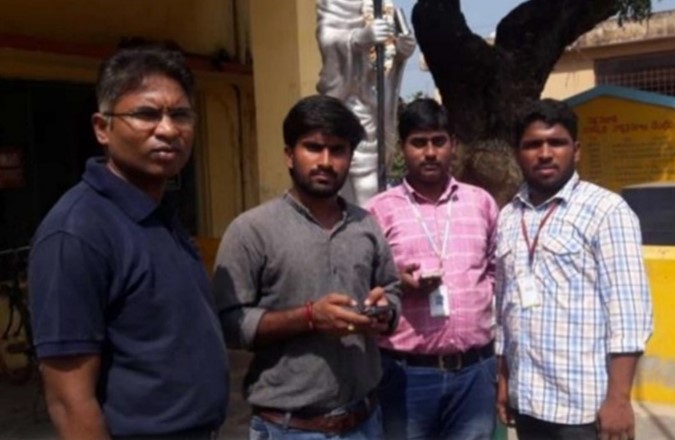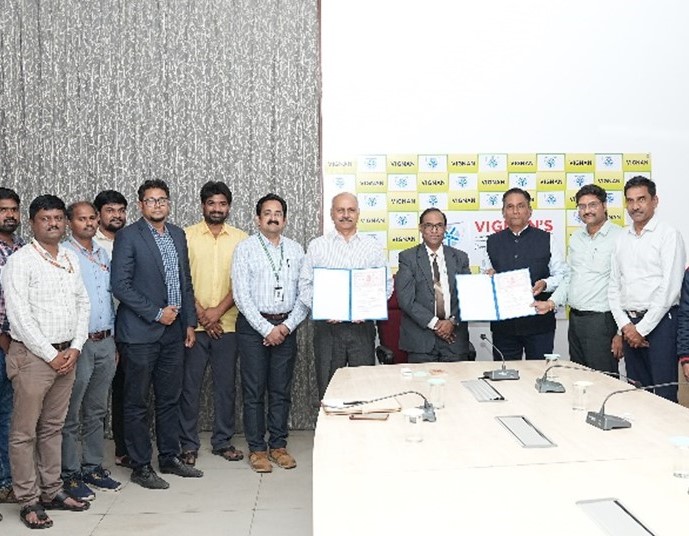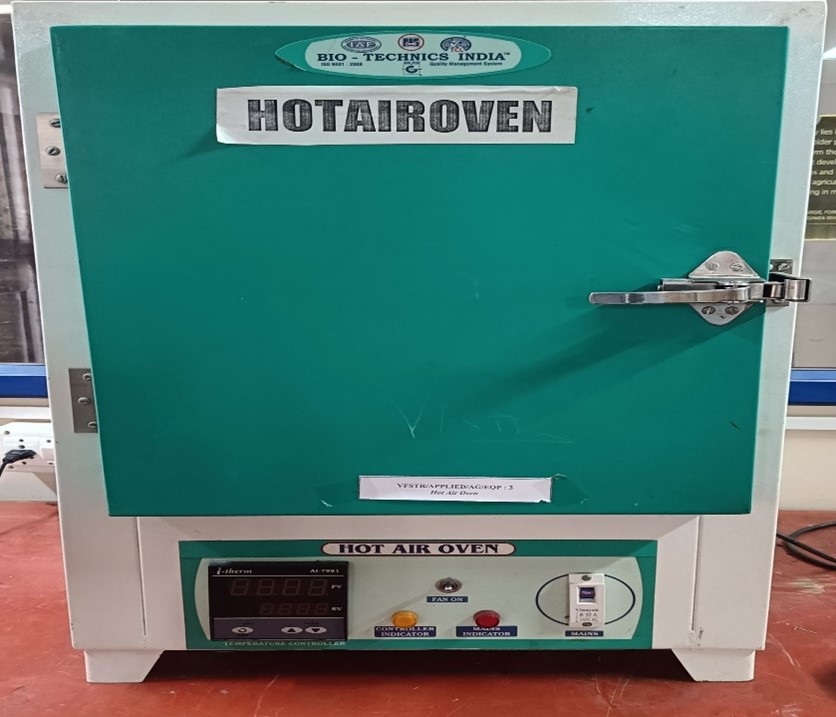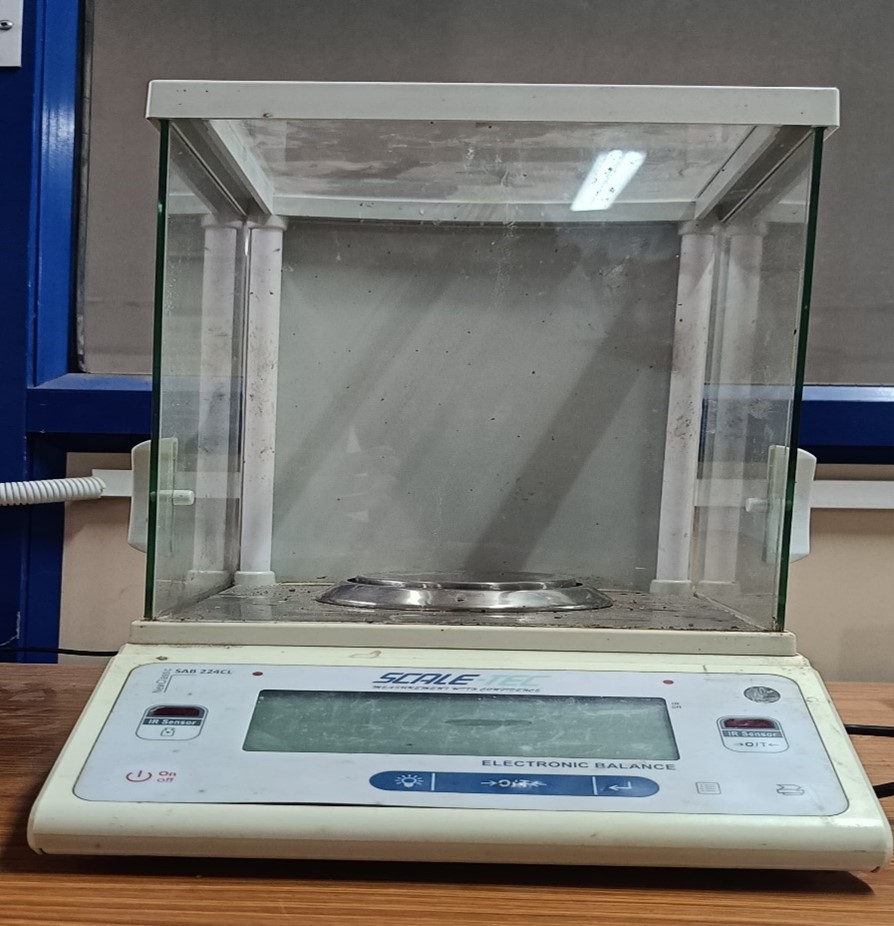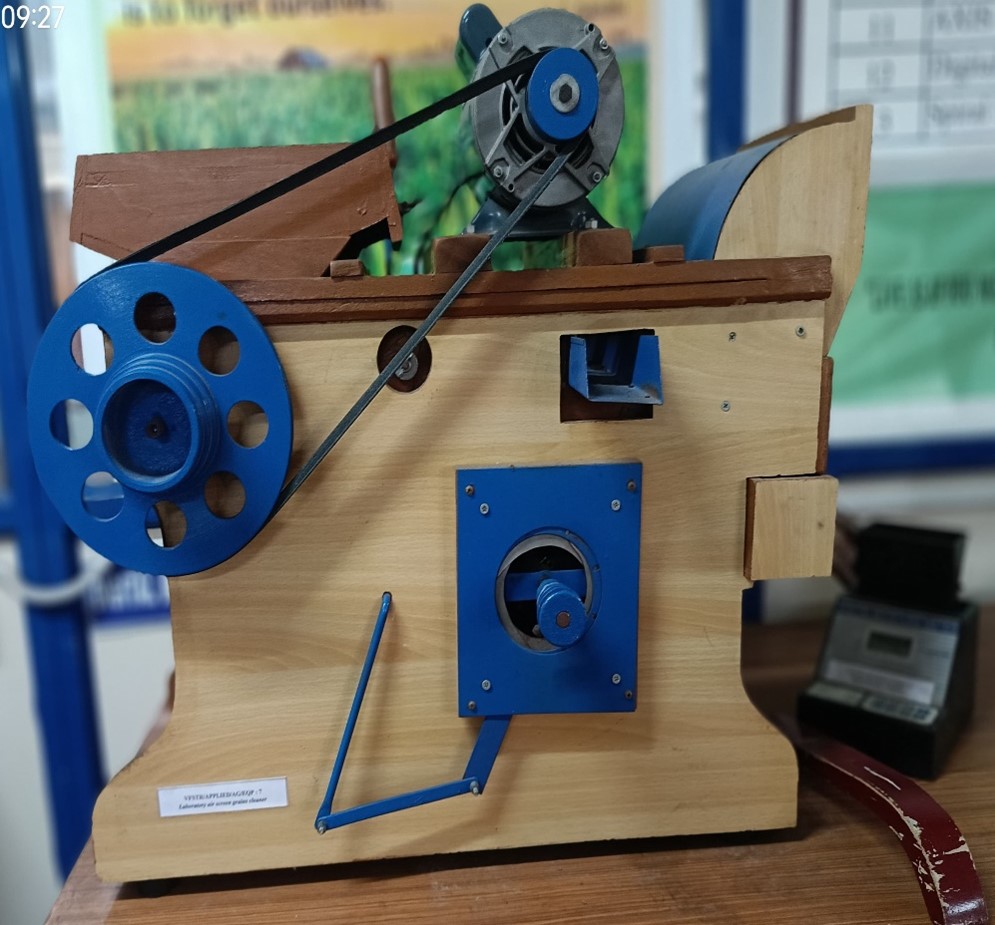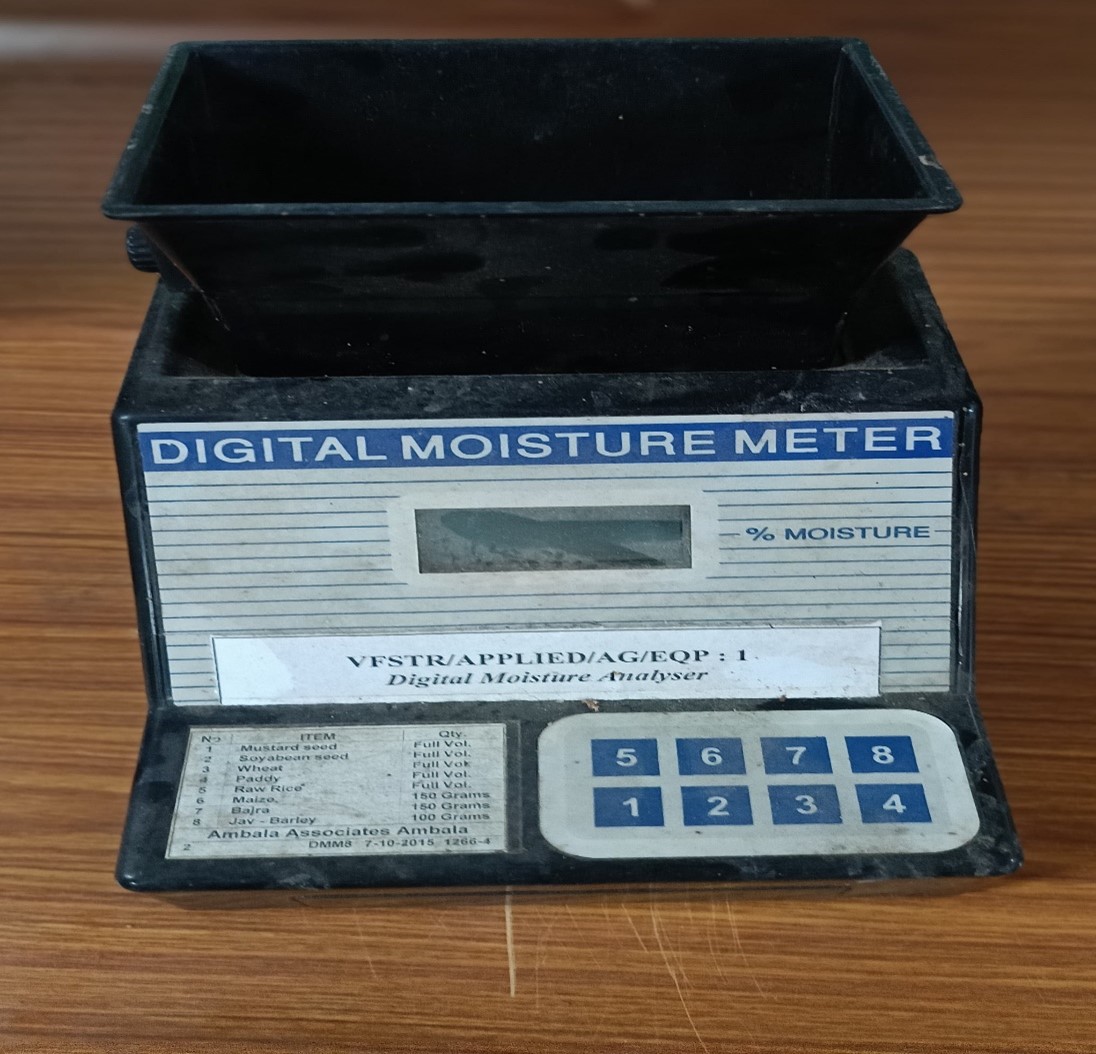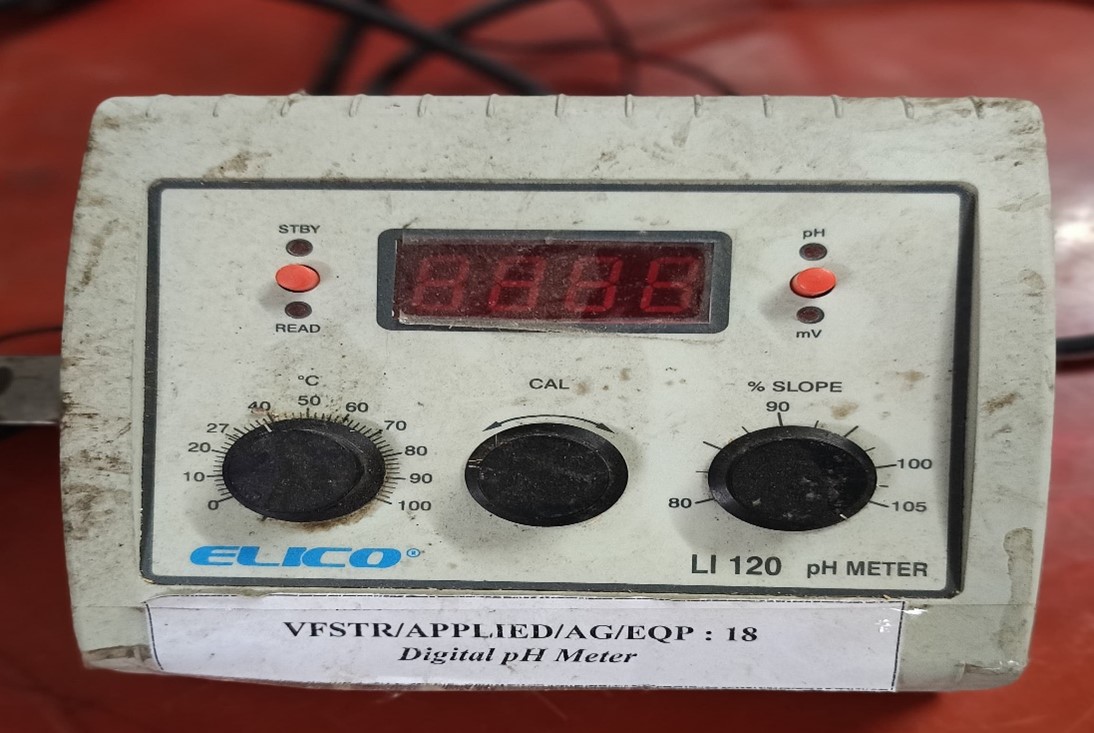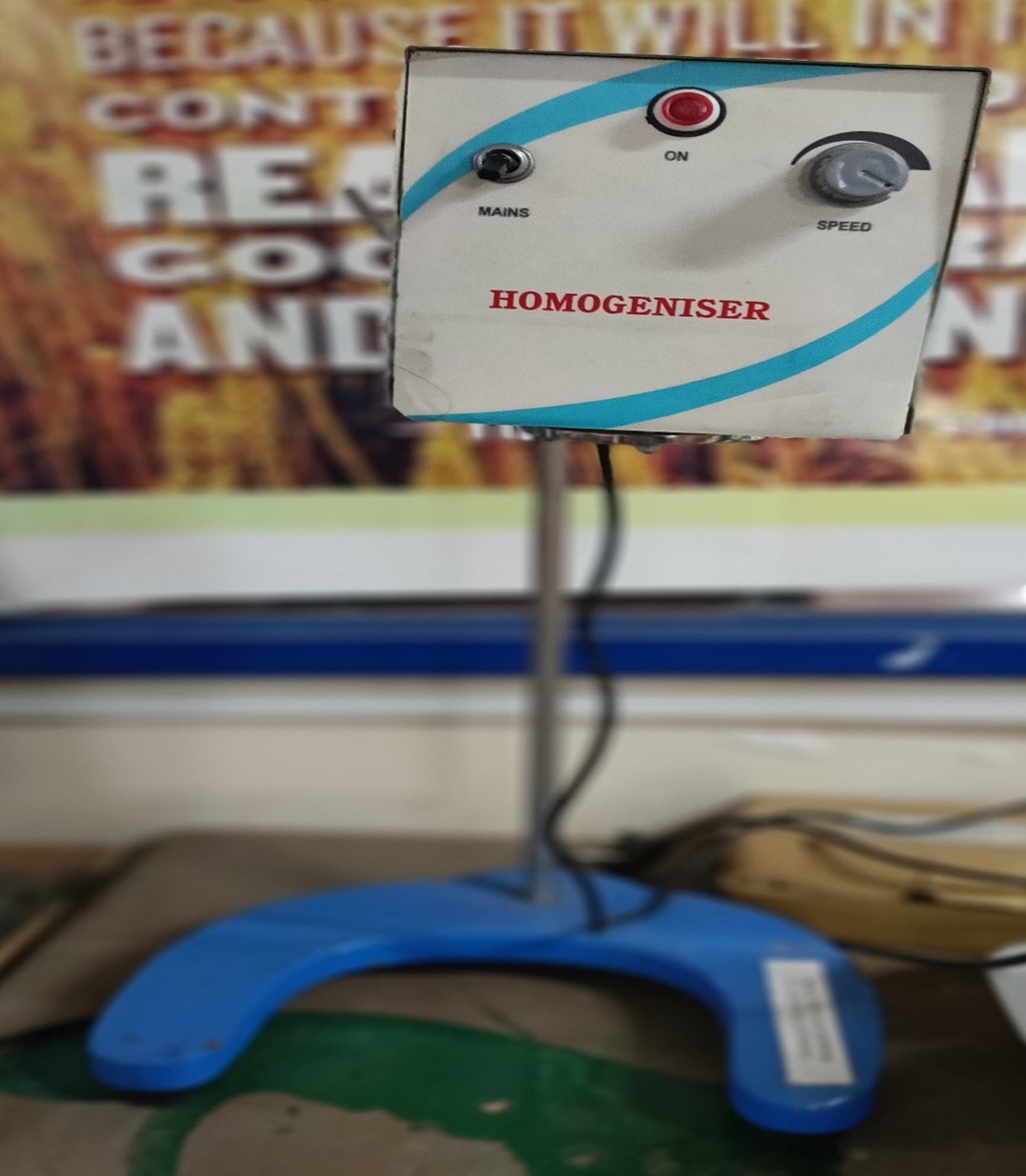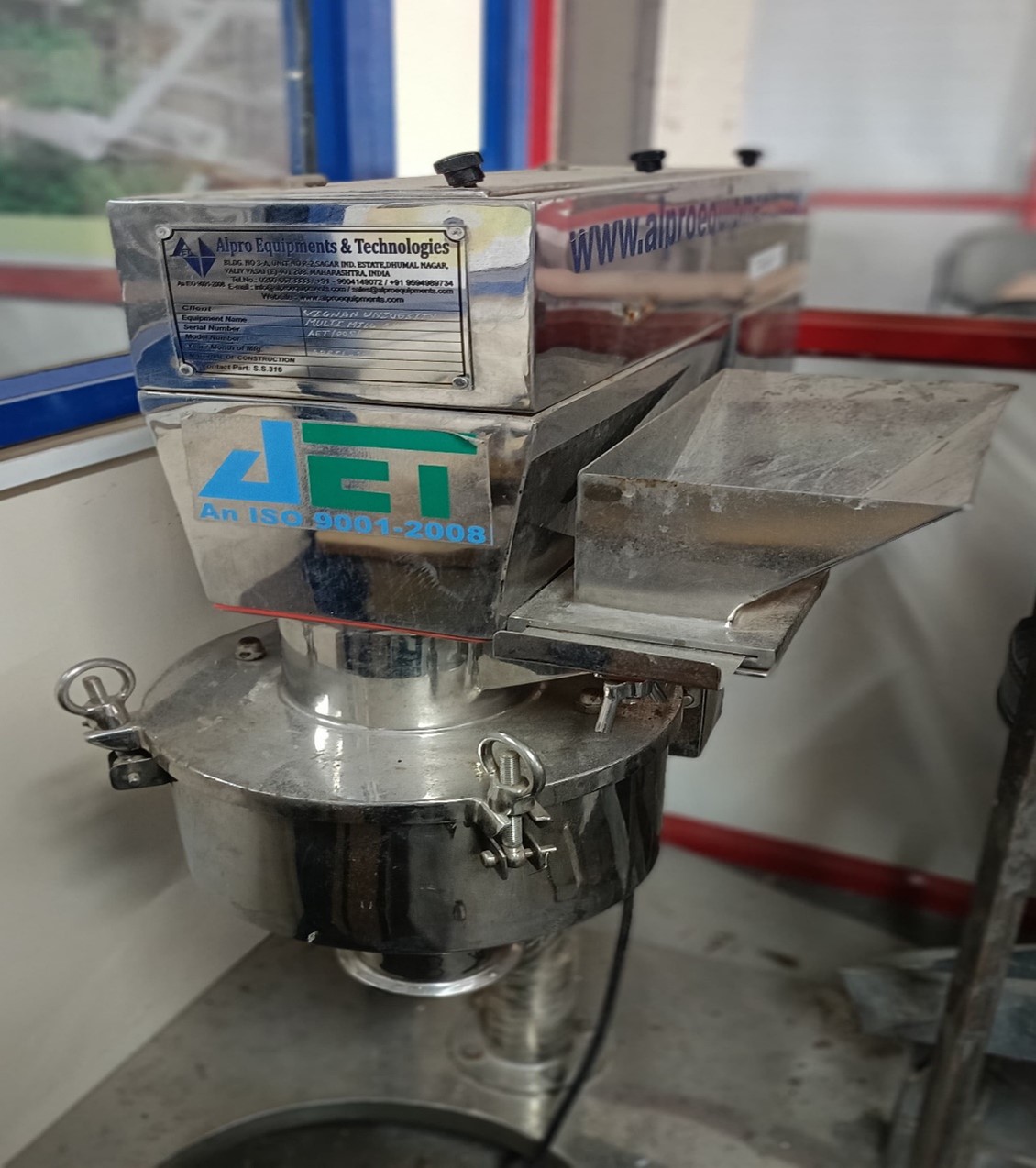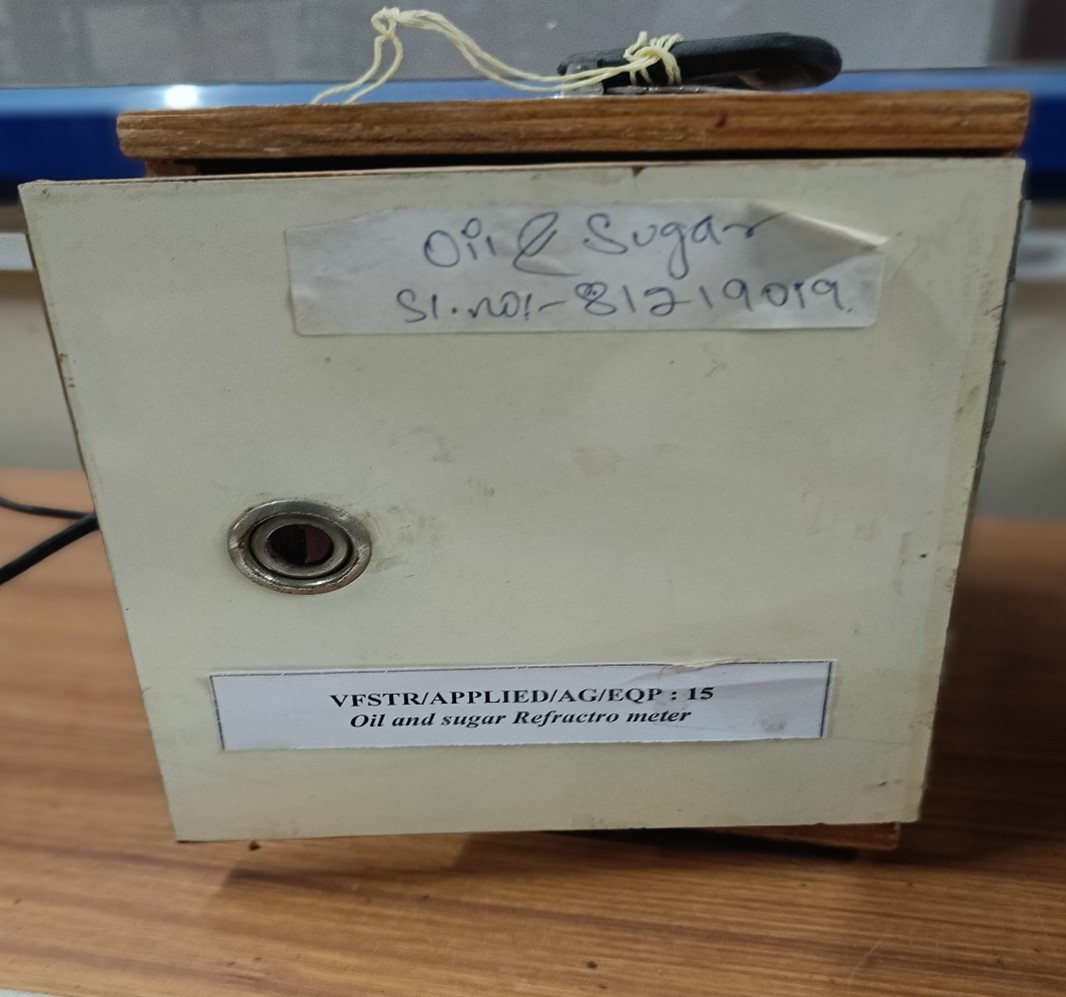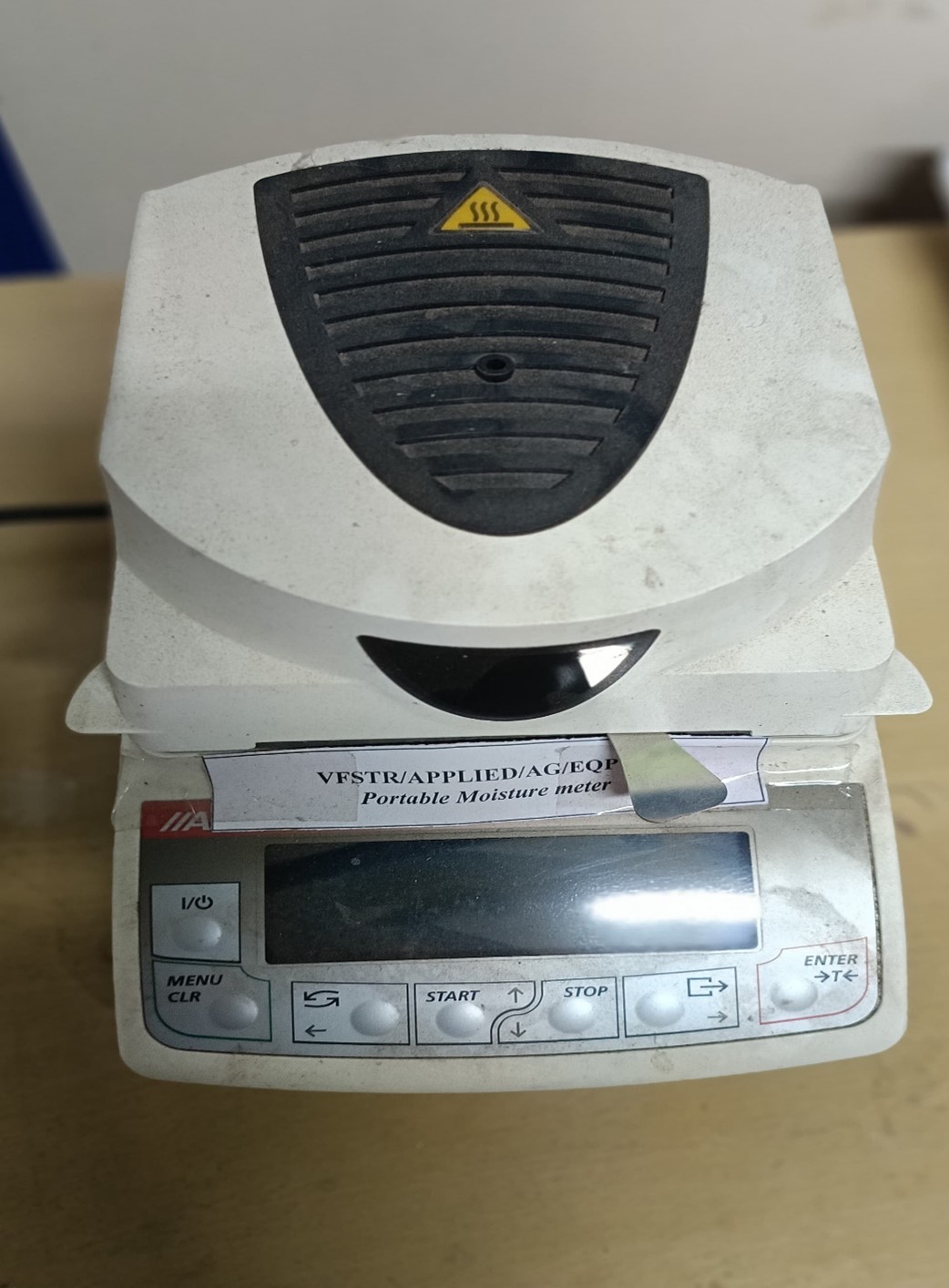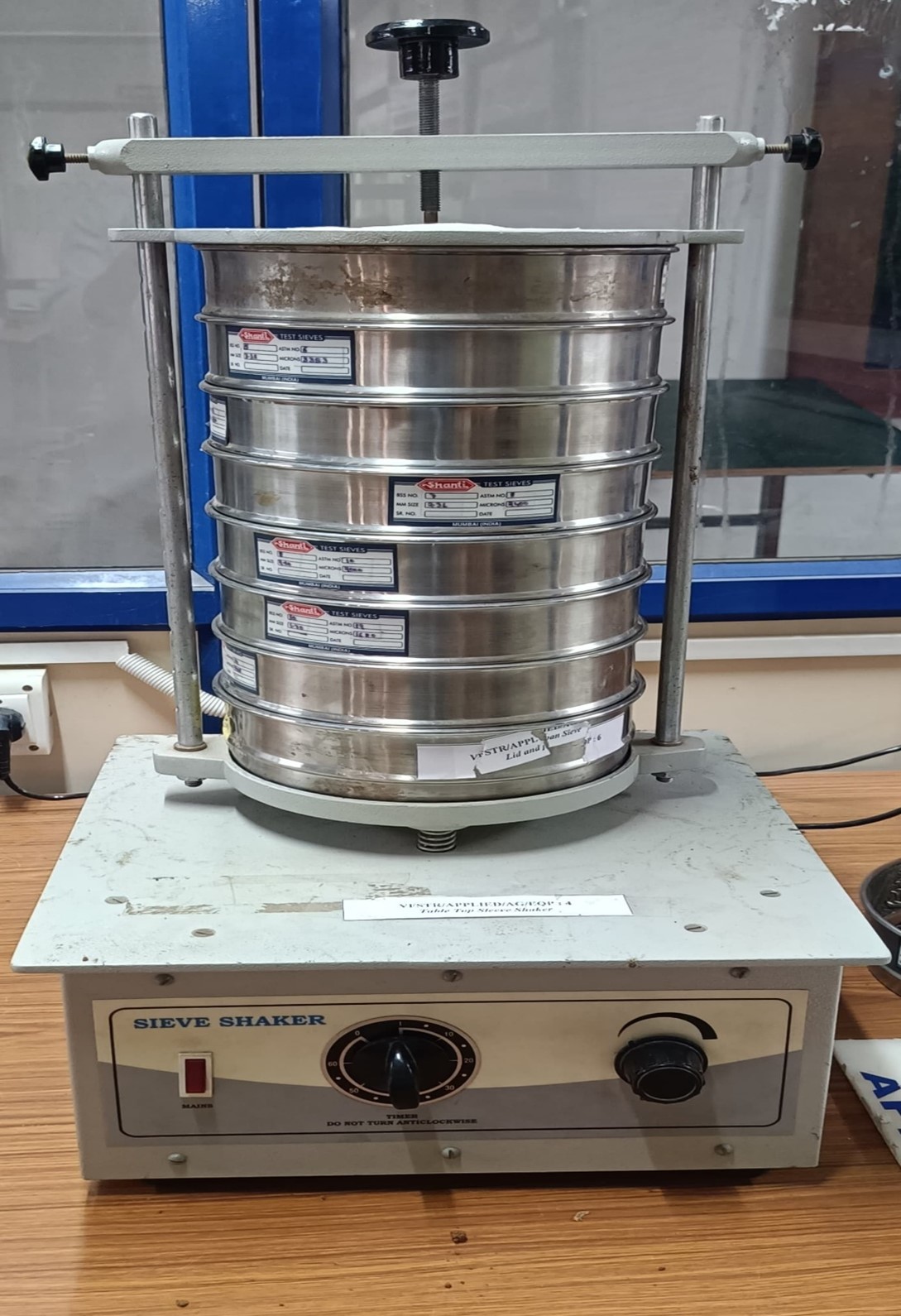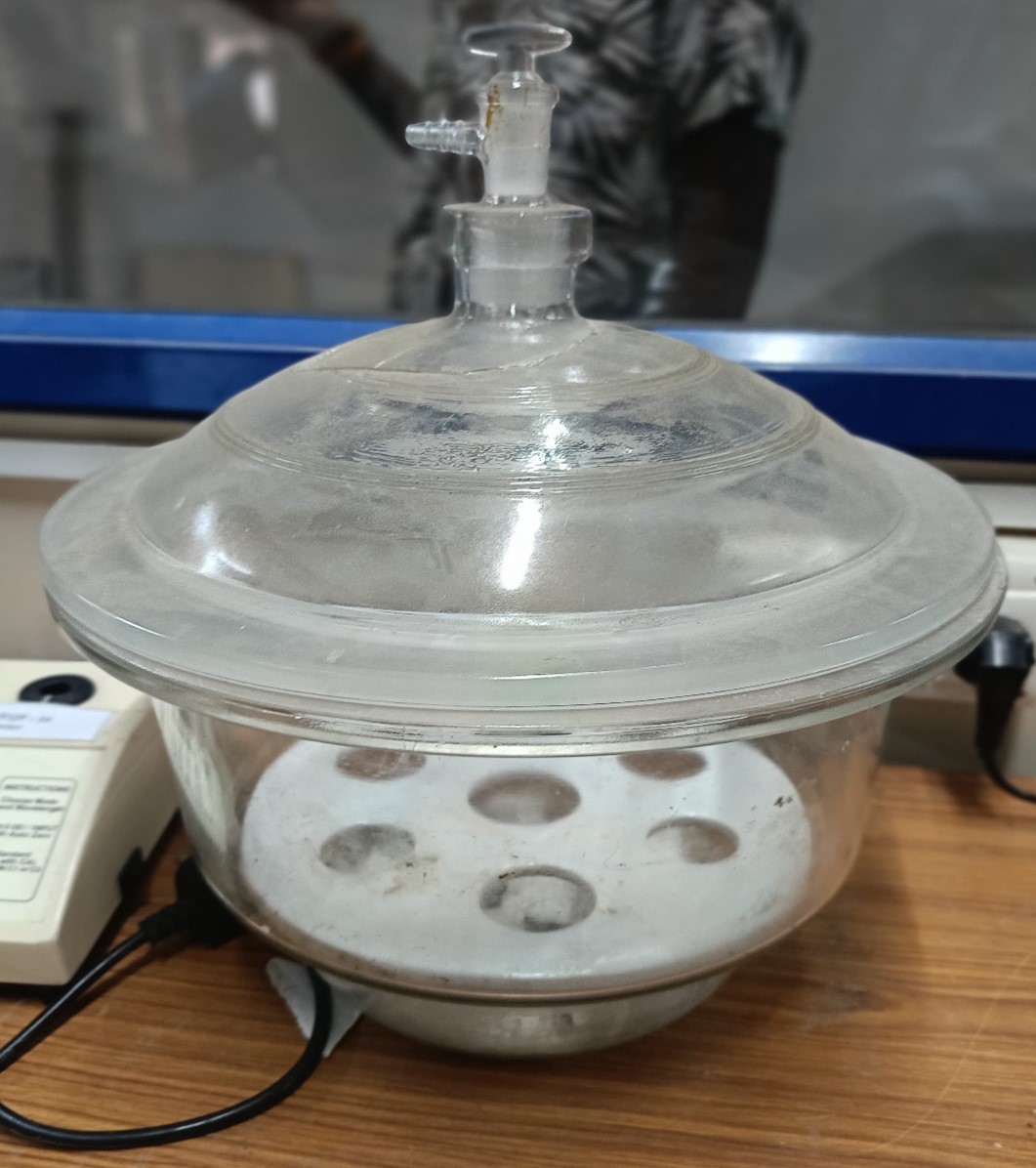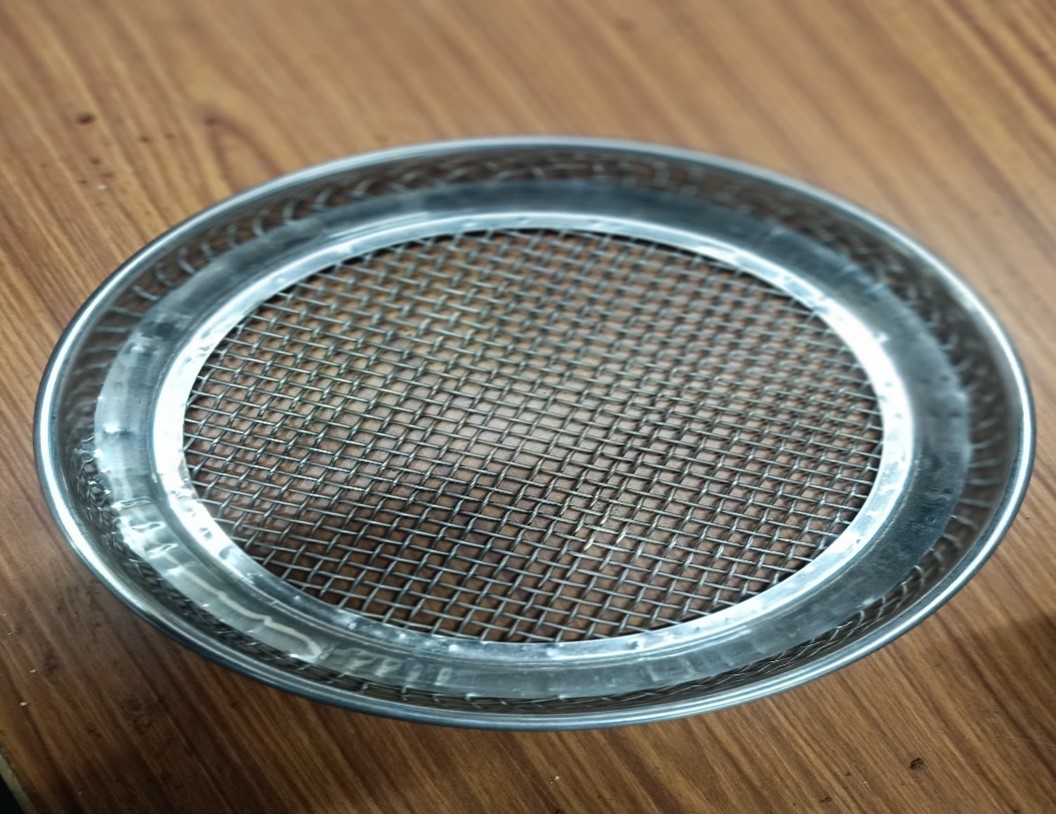My research on optimizing farm machinery for energy efficiency has been both challenging and fulfilling. It’s exciting to see how our work can lead to significant cost savings for farmers while promoting sustainable practices. The hands-on experience with cutting-edge technology has enhanced my engineering skills immensely.
The methodology designed to calculate ARIIA metrics considers all major parameters/ indicators used globally to rank education institutions for innovation output. Additionally, ARIIA also measures some parameters which are India specific considering the current scenario and status of higher education in India.
Vignan Institute’s departments like Bio-tech, Food, Agricultural and Engineering Technologies s are part of innovation and startup ecosystem of the institute.




